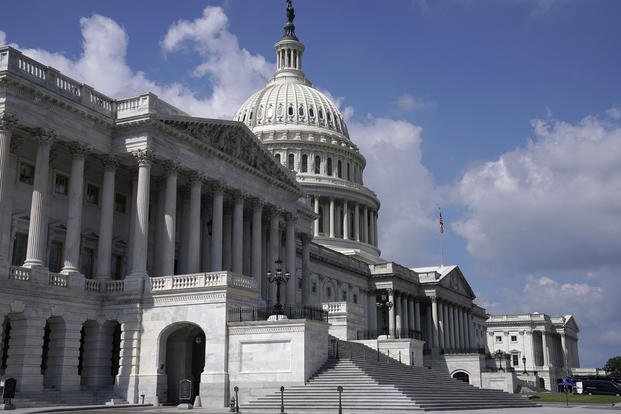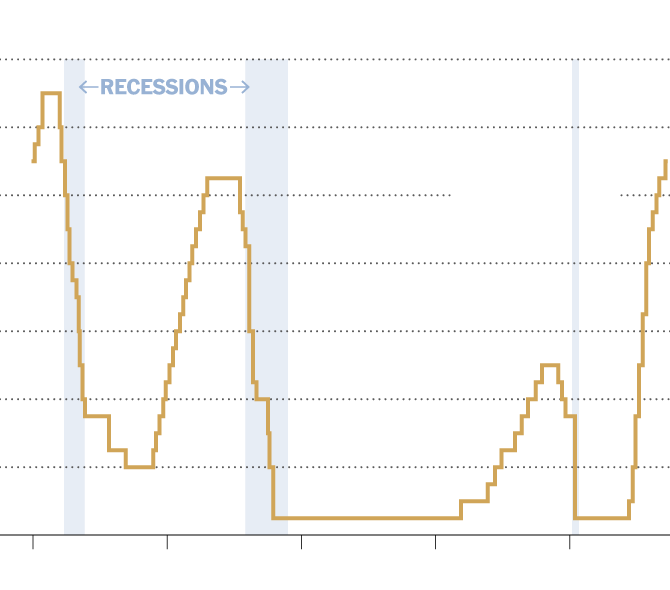The alarming increase of the federal budget deficit by a staggering $319.7 billion, reflecting a 23.2 percent spike to a total of $1.7 trillion, unveils not just fiscal disarray but a crisis of governance that threatens the very foundations of our democracy. As reported by the Financial Report of the United States Government, this unsustainable fiscal path raises critical questions about accountability, transparency, and the priorities of those in power.
Financial Mismanagement Raises Alarm
The federal government"s financial report highlights a trajectory of fiscal irresponsibility that cannot be ignored. With projections indicating a continued increase in debt levels, the reality is that our representatives are failing to address the root causes of these deficits. According to the GAO, major changes to fiscal policies are essential for long-term sustainability. Yet, the political will to enact meaningful reforms remains absent.
Impact on Civil Rights and Social Justice
This financial crisis is not just a matter of numbers; it has profound implications for civil rights and social justice. The lack of a sustainable fiscal policy means that programs that support marginalized communities are at risk of being cut or underfunded. As demonstrated by the history of health policy in the United States, particularly in the 1990s, fiscal priorities often dictate who receives care and who is left behind as outlined in a brief history of health policy.
\n\n
Threat to Military Pay and Benefits Delayed as Congress Punts ...
Rising Inequality and Eroding Trust
The growing deficit exacerbates existing inequalities, as the wealth gap continues to widen. The Black Lives Matter movement, which has brought critical issues of police violence and systemic racism to the forefront, shows that communities of color are disproportionately affected by fiscal neglect. As tracked by Brookings, more reform is needed at all levels of government to address these injustices. The connection between fiscal policy and civil rights cannot be overstated; when the budget reflects the values of the society, it can either uplift or oppress.
The Role of Progressive Leadership
Progressive leaders must rally to demand accountability and transparency in fiscal matters. The current trajectory is untenable, yet there is an opportunity for grassroots movements to influence policy. The new legal liberalism, as discussed in recent scholarship, emphasizes the need to reclaim constitutional values and push for systemic change according to the Chicago Law Review. By advocating for policies that prioritize the public good over corporate interests, progressives can begin to turn the tide against fiscal irresponsibility.
\n\n
Federal Reserve Meeting: Fed Raises Rates Again - The New ...
Calls for Action and Accountability
As we face this critical moment, the call for action is clear. According to E Muraille"s analysis, expert opinions reveal that current governance models are failing us. Grassroots activism must hold elected officials accountable for their fiscal decisions, demanding a budget that reflects the needs of all citizens, especially the most vulnerable. The time for complacency has passed; it is imperative to act decisively to safeguard our democratic values and ensure a just society.

![[Video] Anti-ICE Protester Pepper Sprayed as CBP Agents Disperse Crowd in Minneapolis](/_next/image?url=%2Fapi%2Fimage%2Fthumbnails%2Fthumbnail-1768260677127-y71sb7-thumbnail.jpg&w=3840&q=75)

![[Video] Several injured as U-Haul truck drives through Iranian protestors in Los Angeles](/_next/image?url=%2Fapi%2Fimage%2Fthumbnails%2Fthumbnail-1768176682028-q95y6j-thumbnail.jpg&w=3840&q=75)
![[Video] Scuffle breaks out between Trump supporters and Anti-ICE protesters in Times Square](/_next/image?url=%2Fapi%2Fimage%2Fthumbnails%2Fthumbnail-1768165958203-hgcgb-thumbnail.jpg&w=3840&q=75)


![[Video] Gunfire between Iraqi security forces and Sadr militias in Baghdad](/_next/image?url=%2Fapi%2Fimage%2Fthumbnails%2Fthumbnail-1768343508874-4redb-thumbnail.jpg&w=3840&q=75)
